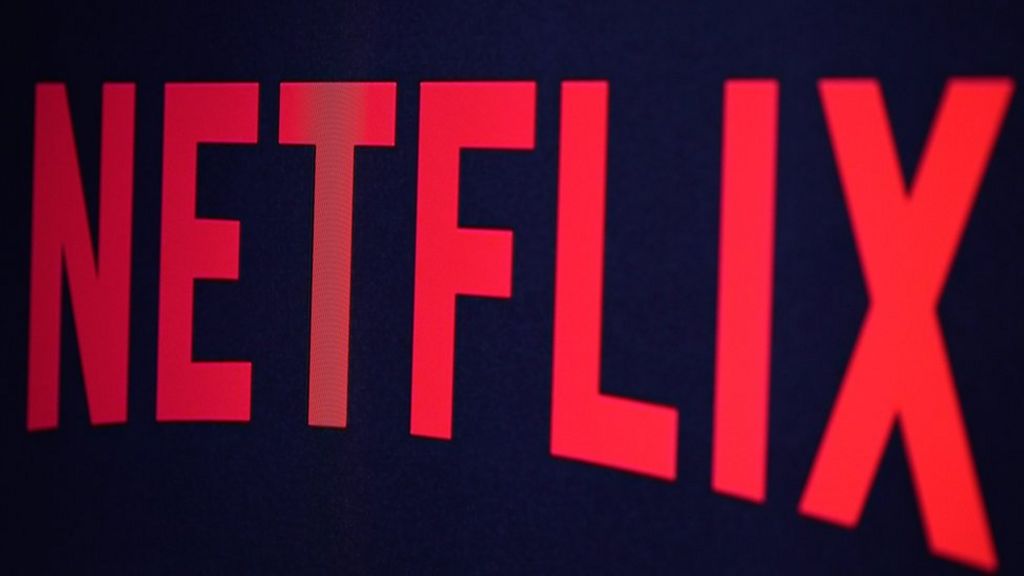Netflix Defends A Christmas Prince Tweet

 Image copyright
Getty Images
Image copyright
Getty Images
Netflix has defended a tweet that revealed 53 people had watched its new Christmas film every day for 18 days in a row.
"Who hurt you?" read the tweet, addressed to them.
The tweet caused controversy, with some saying it was "creepy" of the platform to keep such close tabs on its audience, and mock their choices.
However, others found it entertaining - and unsurprising that Netflix should know what its customers were viewing.
In a statement, Netflix said the privacy of its members was important.
"This information represents overall viewing trends, not the personal viewing information of specific, identified individuals," said a representative.
Netflix has been studying its user data closely for some time but doesn't often share it.
When the platform first decided to start producing its own material, it mined its user data to see what the most popular content was among its existing customers.
At that time it discovered that the most searched-for and viewed material included that which featured (now disgraced) actor Kevin Spacey, the director David Fincher and BBC political dramas - and that led to the re-make of the 1990 BBC political thriller House of Cards, involving the pair.
"Netflix, like any company these days, keeps a sharp eye on what its users like so that it can offer them more of what they like," said technology commentator Kate Bevan.
"What's a bit creepy, however, is extracting data points with no context and offering up data that should be anonymised in a way that could identify individuals."
Dr Bernie Hogan, a senior research fellow at the Oxford Internet Institute, accused Netflix of "humblebragging" by suggesting its Christmas movie was so compelling it was worth watching every day.
"It is in poor taste," he added.
"Some people have little children who love the comforting repetition of seeing the same movie every day.
"To wryly say 'who hurt you' as they did in the tweet shows not only that they are interested in making moral judgments for the sake of a laugh but also that they probably do not have much contact with young children. It sounds like a cheeky social media account operator who was too clever for their own good."
Music streaming service Spotify has been using data like this in its advertising since 2016.
Billboards featuring straplines such as "Be as loving as the person who put 48 Ed Sheeran songs on their 'I love gingers' playlist," form part of its winter season campaign, reports Adweek.
From Chip War To Cloud War: The Next Frontier In Global Tech Competition
The global chip war, characterized by intense competition among nations and corporations for supremacy in semiconductor ... Read more
The High Stakes Of Tech Regulation: Security Risks And Market Dynamics
The influence of tech giants in the global economy continues to grow, raising crucial questions about how to balance sec... Read more
The Tyranny Of Instagram Interiors: Why It's Time To Break Free From Algorithm-Driven Aesthetics
Instagram has become a dominant force in shaping interior design trends, offering a seemingly endless stream of inspirat... Read more
The Data Crunch In AI: Strategies For Sustainability
Exploring solutions to the imminent exhaustion of internet data for AI training.As the artificial intelligence (AI) indu... Read more
Google Abandons Four-Year Effort To Remove Cookies From Chrome Browser
After four years of dedicated effort, Google has decided to abandon its plan to remove third-party cookies from its Chro... Read more
LinkedIn Embraces AI And Gamification To Drive User Engagement And Revenue
In an effort to tackle slowing revenue growth and enhance user engagement, LinkedIn is turning to artificial intelligenc... Read more

